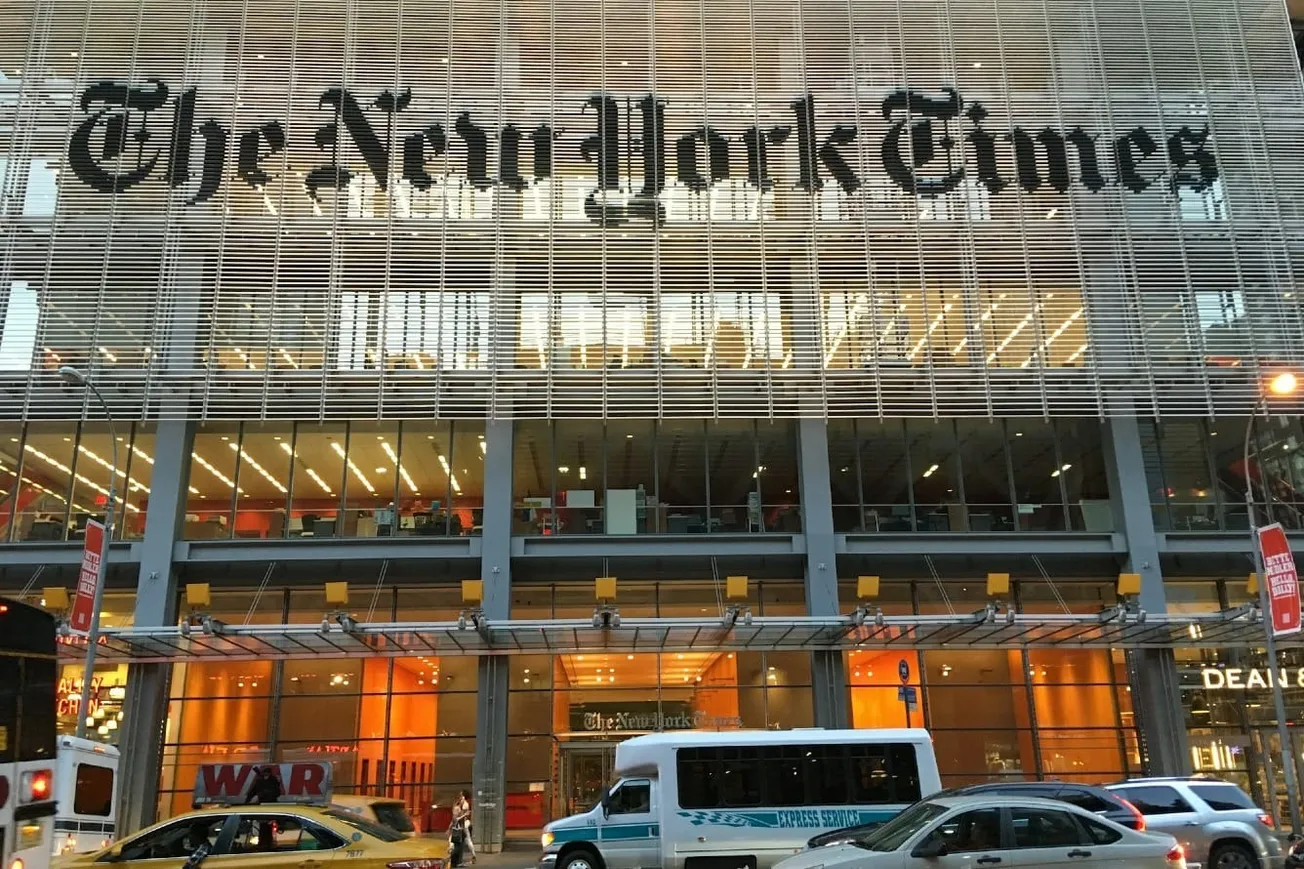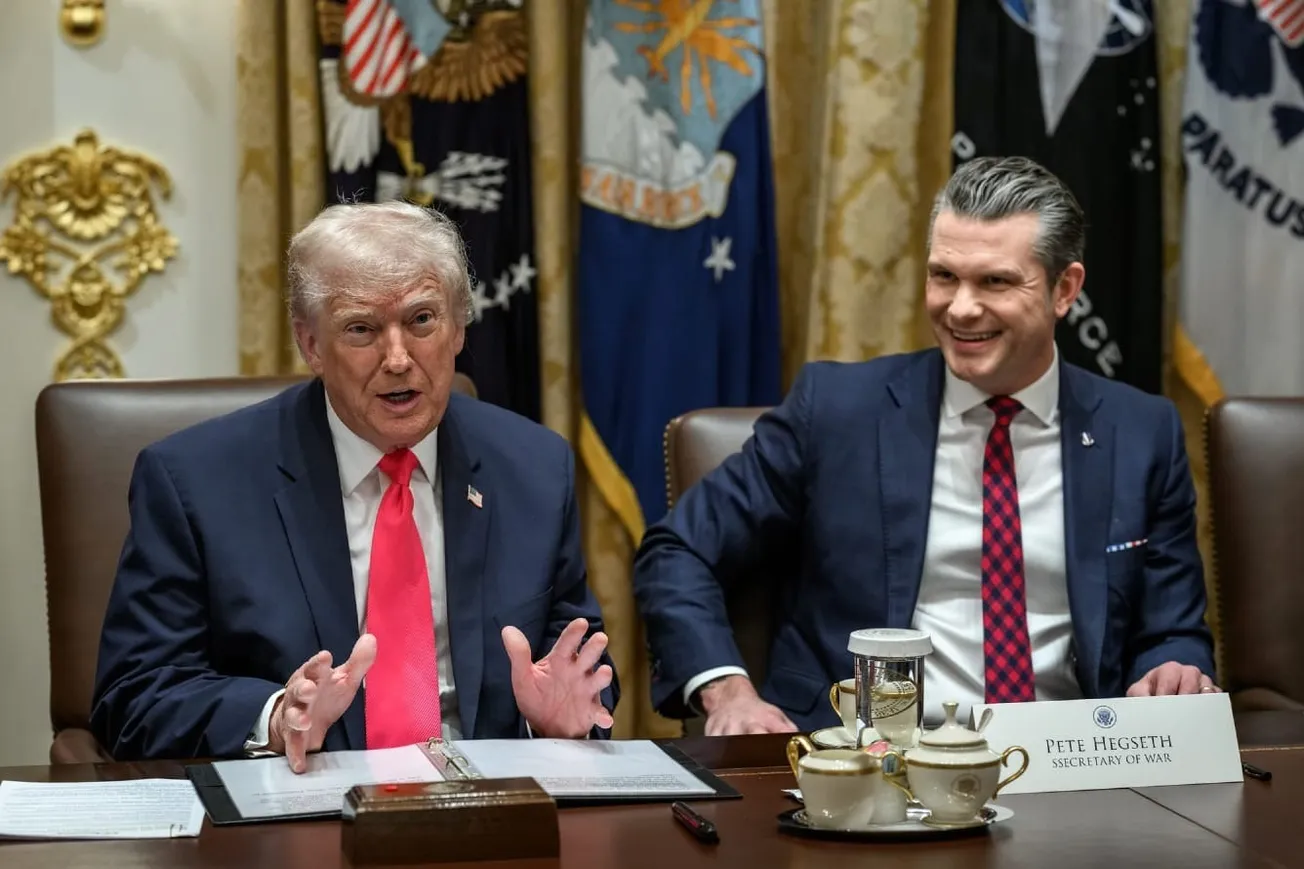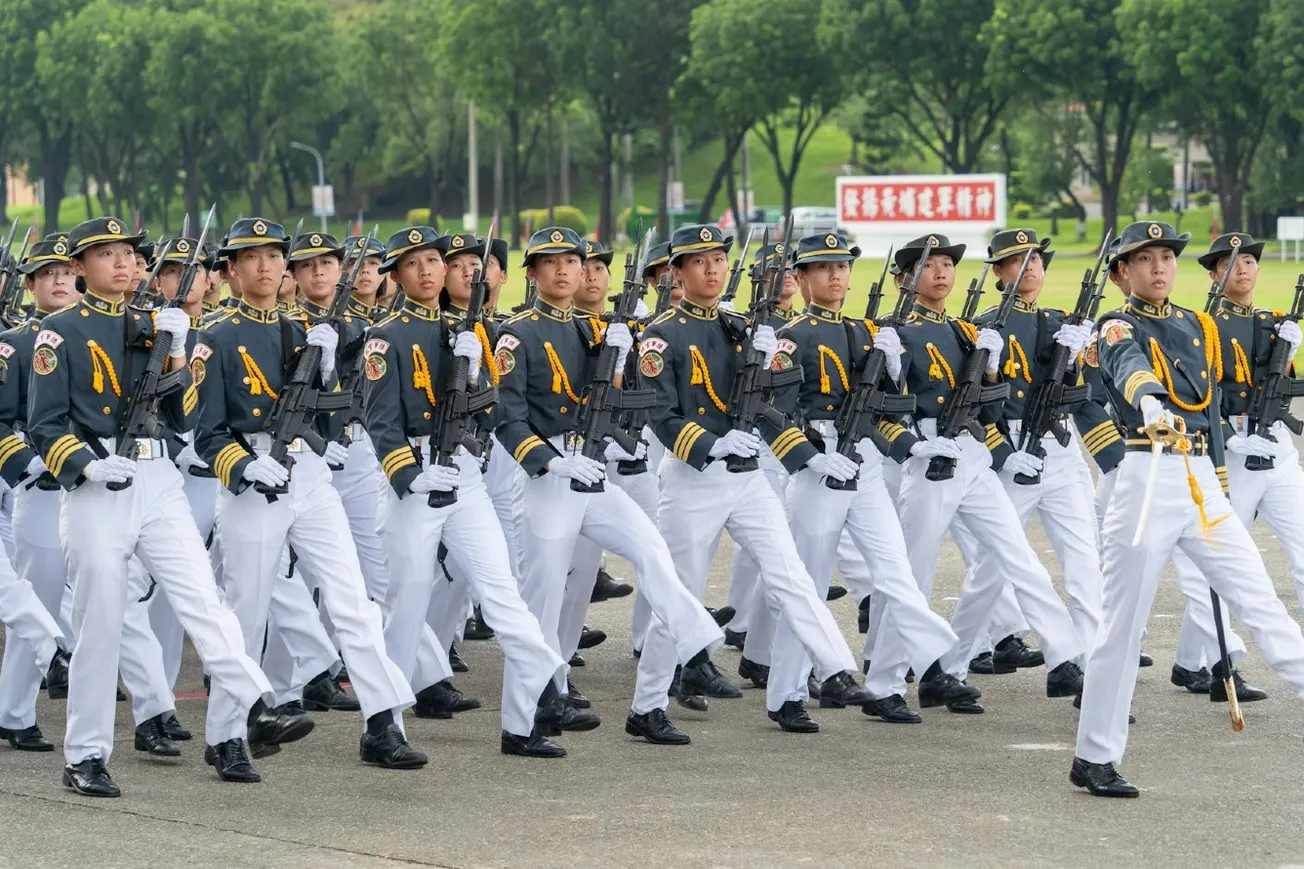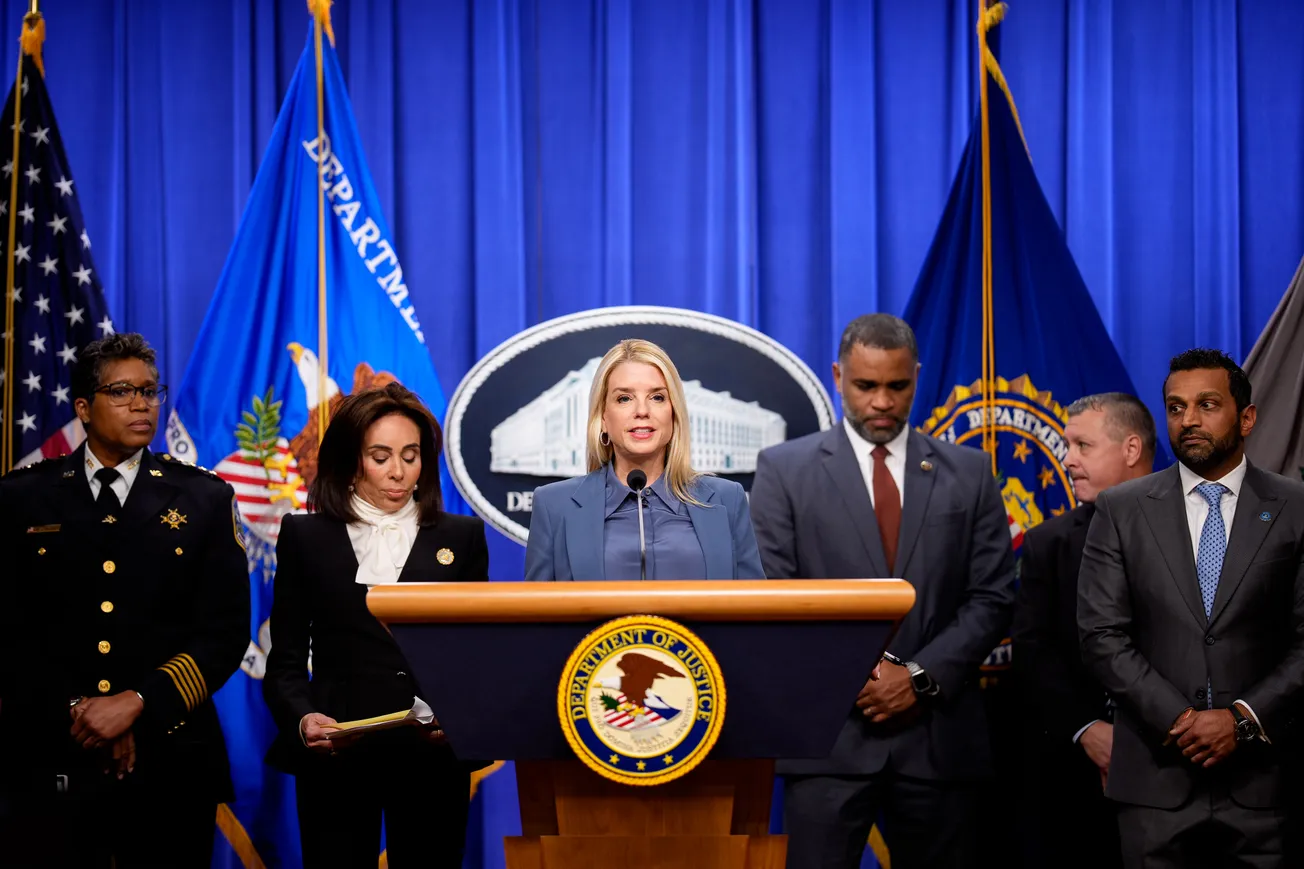Ten days after congratulating President-elect Trump, Chinese President Xi Jinping laid down his "four red lines" that "must not be challenged or crossed." Though these were conveyed to the outgoing President Biden, on the sidelines of the 31st APEC Economic Leaders' Meeting in Lima, Peru, the Chinese leader's message was clearly intended for the incoming U.S. President.
In his congratulatory message to Trump, the Chinese leader had said, "A China-U.S. relationship with stable, healthy and sustainable development serves the common interests of the two countries and meets the expectations of the international community." He also expressed hope that the two nations will "in the principles of mutual respect, peaceful coexistence and win-win cooperation, enhance dialogue and communication, properly manage differences, expand mutually beneficial cooperation, and find the right way for China and the United States to get along with each other."
President Xi's explicit stating of the 'four red lines'—Taiwan, democracy and human rights, China's path and political system, and the country's rights to development—was a comprehensive, preemptive strike. He laid down four core issues that have increasingly sparked tensions and rocked relations between the two nations over the past decade.
While the President's intent may have been to convey a sense of power by laying down the terms of engagement, it has exposed China's weaknesses and drawn the world's attention to the political establishment's sore spots.
Taiwan, the democratic, technologically advanced, prosperous island that Beijing covets and claims, has become a geopolitical flashpoint. The Chinese Communist Party's Taiwan "reunification" plans, President Xi's decision to keep the "military option open," and escalating Chinese sorties around the island have threatened peace in the region. While sticking to "strategic ambiguity" and largely appeasing Beijing, Washington has increased arms sales to Taipei. Though no U.S. administration has explicitly spelled out its Taiwan strategy, the world's largest chip maker and tech giant is strategically important to the global economy.
While China covets Taiwan's economic prowess, the island's flourishing democracy and individual freedoms pose a threat to the Chinese authoritarian system. Beijing has systematically stifled the pro-democracy movements on the mainland and the island. The ideals of democracy and human rights are diametrically opposed to the state-controlled, oppressive dominance that the Communist Party resorts to to remain in power. By forbidding discussion on human rights infringements, President Xi wishes to brush under the carpet Beijing's oppression of Hong Kong's pro-democracy movement and the persecution of millions of Uyghurs.
Calls for democracy and human rights are also a direct threat to the Chinese path and political system, which essentially signifies the Chinese Communist Party. International attention and censure of the Chinese political apparatus, which puts the Party above the individual, could fuel pro-democracy sentiment and calls for greater human rights. The Party leadership is aware that its grip on the people has slipped, especially with the nation's economic downturn. Prolonged, draconian COVID-19 restrictions led to street protests – a scenario unheard of in China. Questions about the government's authoritarianism, functioning, or effectiveness would only threaten the ever-weakening hold on the people.
President Xi's demand that the country's right to development should go unchallenged smacks of the opacity and highhandedness that are the hallmarks of Beijing's dealings, especially with developing and underdeveloped nations. China's Belt and Road Initiative, dumping of cheap goods, and disregard for environmental management have called into question Beijing's intentions and political agenda.
The world's second-largest economy, China, is slowing faster than expected, and according to some estimates, by 2030, it is likely to decline by about one percent a year. President Xi and his government are well aware that economic stability is absolutely necessary to maintain its iron grip on the people. It will be interesting to see how Beijing will prop up its economy and retain its top spot in the global supply chain.
President Xi's four red lines underscore the actual state of China and its society. Moreover, they lay bare the qualms of an authoritarian ruler. An elected leader is not above criticism and must be accountable to the people and their peers. A global power cannot afford to shy away from scrutiny or dialogue. Though 'elected,' President Xi and his 'superpower' ambitions rest on an oppressed population—a fact that the Chinese leader cannot deny or ever forget.









